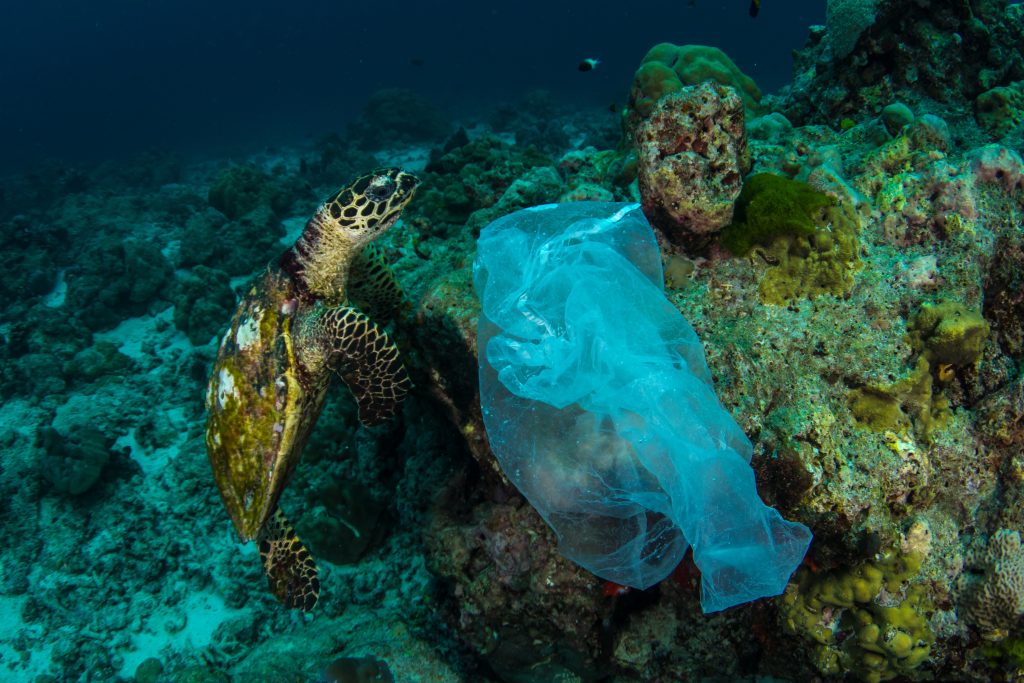
INTRODUCTION
Our ocean is the largest ecosystem on Earth, covering just over 70% of the planet’s surface. It is essential in regulating climate and weather patterns, producing oxygen, capturing carbon, and supporting biodiversity. But in recent years, marine ecosystems have faced unprecedented threats—overfishing, plastic pollution, unsustainable coastal development, and climate change are disrupting the delicate balance of this now fragile ecosystem. In Southeast Asia, these challenges are especially pronounced. The region is home to vital marine ecosystems that boasts a myriad of species and supports globally significant fisheries, providing livelihoods for millions of people. However, plastic pollution, habitat destruction, overfishing, and climate change are putting enormous pressure on these ecosystems. Marine life is rapidly declining, and the survival of both marine species and local communities is increasingly at risk as these threats intensify.

With marine ecosystems under increasing pressure, addressing plastic pollution and advancing marine conservation requires collective action. Like many other regions, Southeast Asia faces significant challenges in managing plastic waste. Rapid urbanisation, growing consumption, and limited waste management infrastructure all contribute to plastic leakage into the ocean, threatening biodiversity and the resilience of these vital marine ecosystems.
Epson Southeast Asia and WWF-Singapore are coming together with a shared vision to tackle the marine litter challenge and drive marine ecosystem restoration in Southeast Asia. With a goal of reducing plastic waste from leaking into our oceans and ultimately moving towards a circular economy, as well as delivering nature-positive seascapes, this collaboration aims to drive measurable impact while inspiring other businesses, consumers, and local communities to take action and be a part of real change.
As a leader in technology innovation and environmental sustainability, Epson’s contribution advances strategic solutions for a cleaner and healthier marine environment. Through this partnership, Epson is supporting projects in Singapore and Indonesia, where plastic waste and habitat degradation continue to threaten marine biodiversity. By engaging local communities and young changemakers, Epson and WWF-Singapore seeks to scale solutions that reduce plastic pollution and support long-term marine conservation efforts.
ELEVATING MARINE CONSERVATION AND PLASTIC REDUCTION EFFORTS
This collaboration seeks to better understand and address marine litter issues in the region, with a strong emphasis on implementing strategies to prevent it from even entering our oceans.
Singapore
In Singapore, Epson’s support plays a critical role in uncovering the pathways of marine litter, and providing insights that facilitate targeted action at its source. Central to this approach is a Traceability Study that will investigate how litter travels from land to sea, generating insights that can inform opportunities for interventions.
The study will also promote citizen-science through community-based beach clean-up efforts, empowering communities to play an active role in data collection, while fostering greater awareness and stewardship of marine ecosystems. Insights from the study will guide long-term engagement efforts, supporting the development of targeted interventions, and fostering sustained community actions.
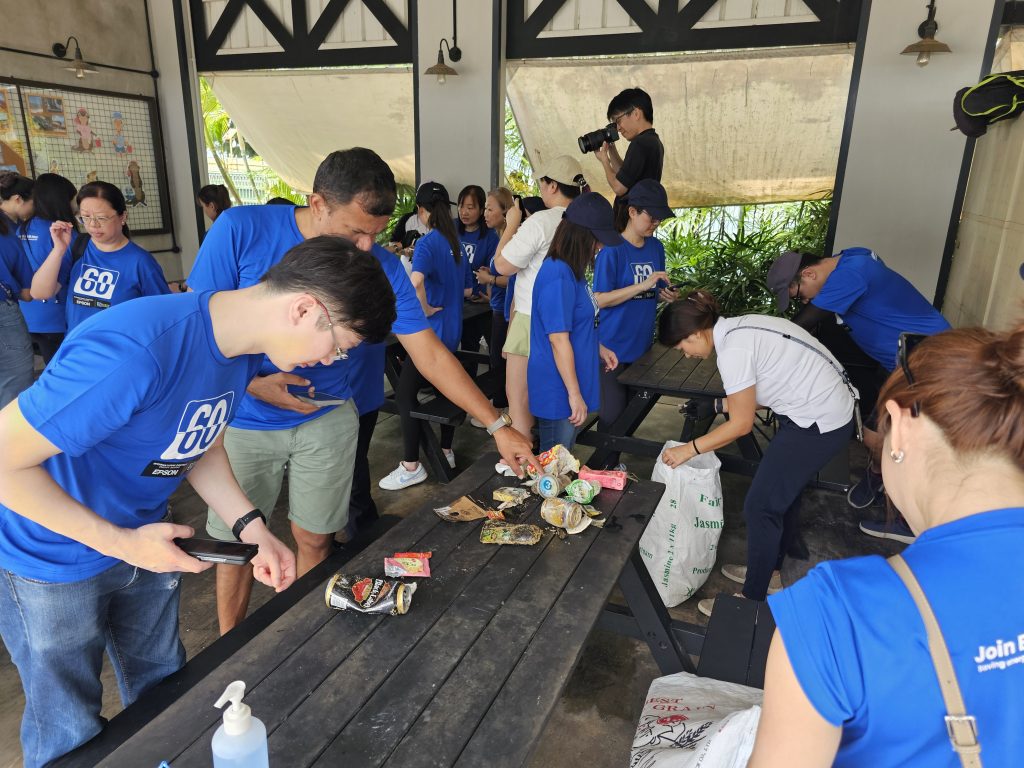
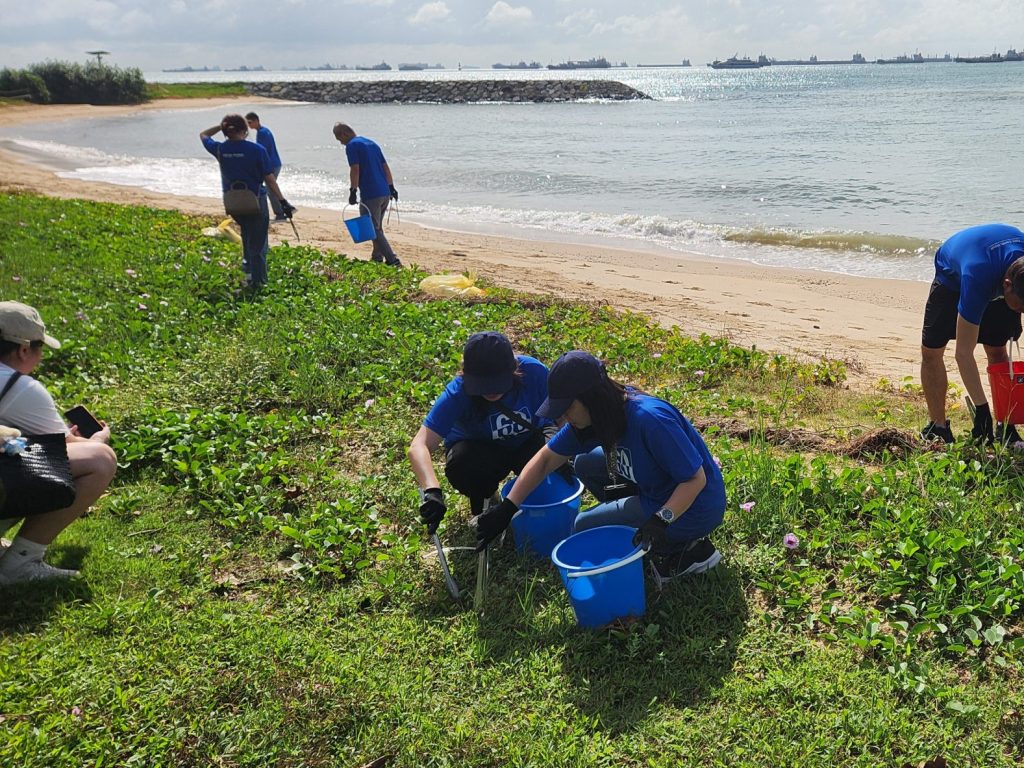
Beach cleanup and data collection conducted with participation from Epson staff
Indonesia
In Indonesia, where plastic pollution is an urgent threat, the partnership is contributing to a more localised, community-driven approach by supporting plastic waste management initiatives in Derawan.
The Derawan Islands MPA is located in the Berau District of East Kalimantan Province in Indonesia. They consist of 31 islands, with some of the most well known among these are the islands of Derawan, Kakaban, Maratua, and Sangalaki.
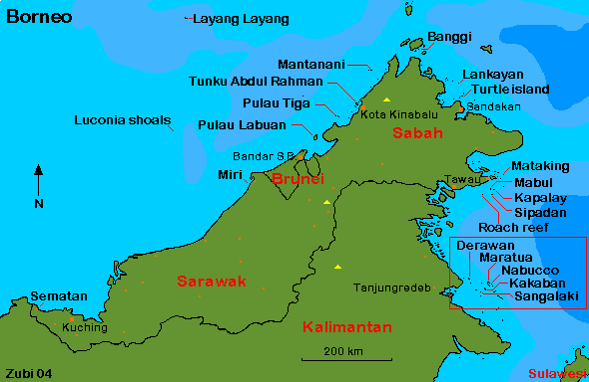
Map of Derawan Islands
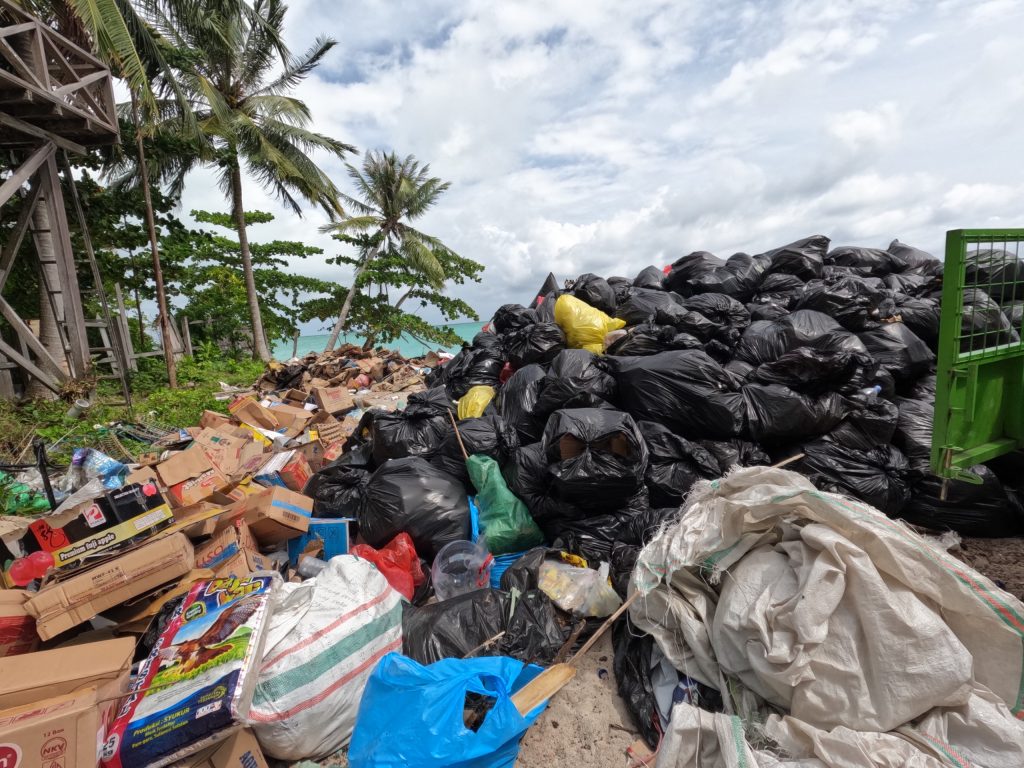
A large pile of waste collected at Derawan Island highlighting the ongoing waste management issues
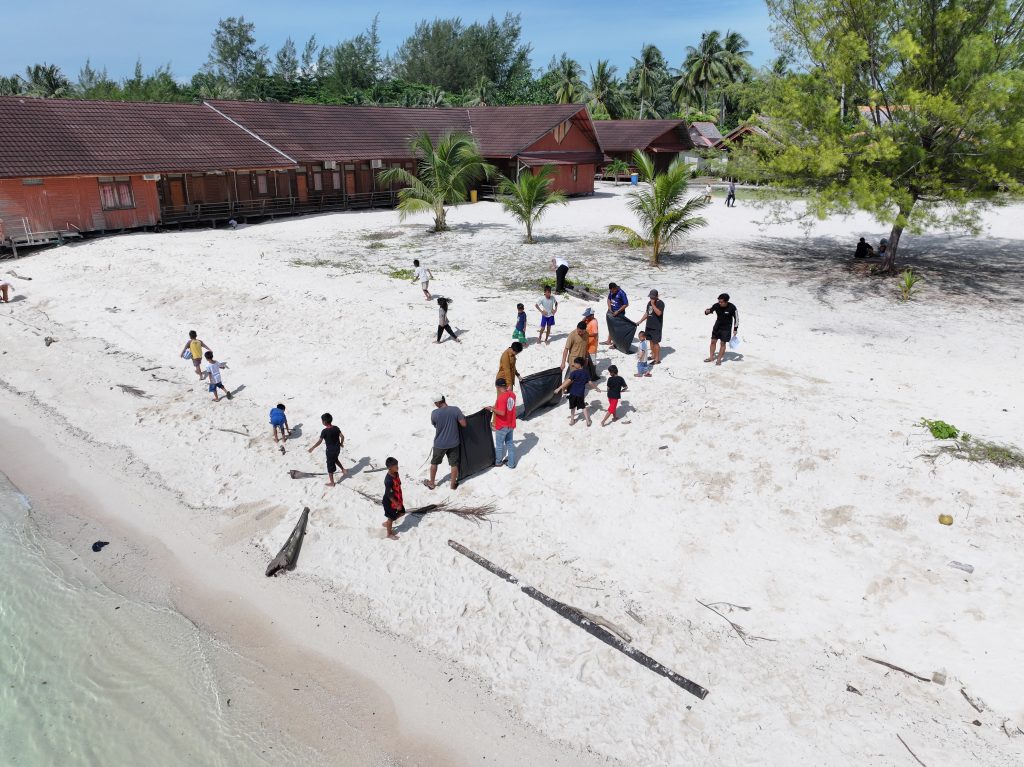
Beach cleanup and coastal waste monitoring session conducted by volunteers and local community
The partnership aims to improve plastic waste management on Derawan Island through development of infrastructure, waste transportation systems and waste processing strategy. Through the project, the local community’s capacity in waste management will be supported by the development of policies through the drafting of the Derawan Island Waste Management Plan.
In parallel, the partnership is also looking to raise public awareness on the plastic waste issue in Derawan Island by engaging the youth and community members to participate in various initiatives such as beach clean-ups and waste sorting training. These initiatives are focused on reducing single-use plastic and preventing plastic waste from contaminating local waterways and marine ecosystems. Data collection and monitoring by trained citizen scientists from the local community will be conducted regularly to ascertain the most predominant type of wastes found along their shores. These efforts will be complemented with educational materials in the form of information boards and online platforms to educate and raise awareness among the local community.
Through this collaboration, Epson and WWF will continue to pave the way in marine conservation and plastic pollution reduction, adapting strategies to the unique challenges of each region.
If you’re interested in exploring a similar partnership with WWF, contact:
Mayj Tolentino
Director of Growth and Partnerships
E-mail: mtolentino@wwf.sg
+65 6730 8100

©️ 2022 WWF – World Wide Fund for Nature (Singapore) Limited (UEN 200602275E) |
©️ 1986 Panda Symbol WWF – World Wide Fund For Nature (formerly World Wildlife Fund) | ®️ “WWF” is a WWF Registered Trademark